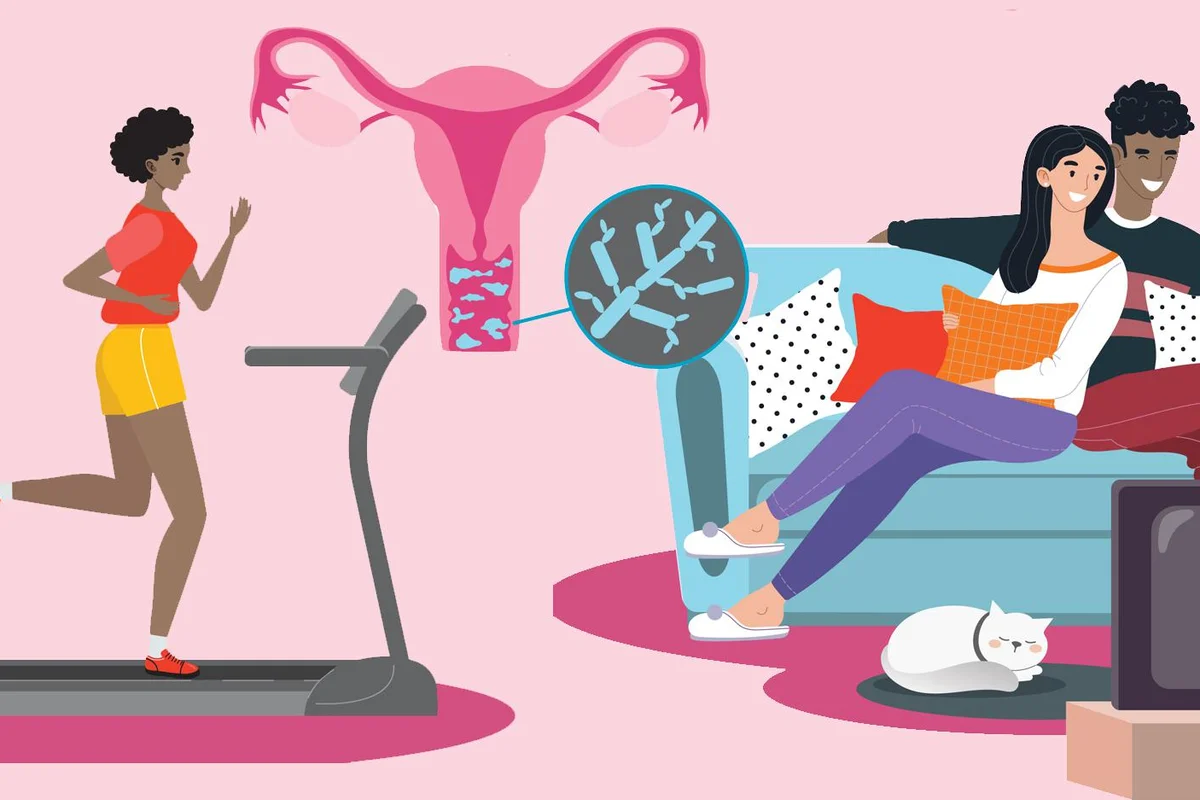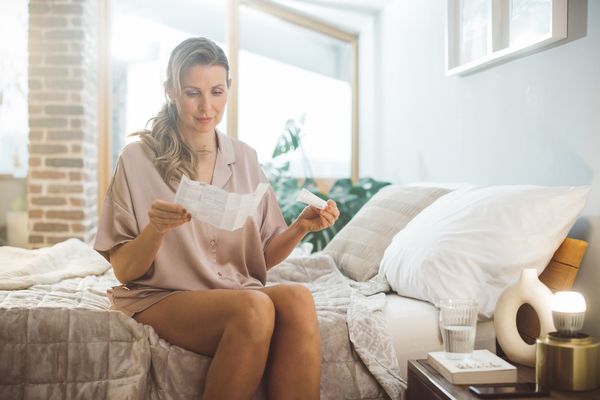A vaginal yeast infection is a common disorder caused by an overgrowth of a fungus called Candida.
75% of women will get a vaginal yeast infection — also known as vulvovaginal candidiasis (VVC) — in their lifetimes, and many women will experience 2 or more.
A small percentage of women will have recurrent vulvovaginal candidiasis (RVVC), commonly known as chronic yeast infection, which is a different condition from VVC and defined as 3 or more episodes of yeast infection in 12 months. The symptoms can be extremely uncomfortable and can affect every aspect of life.
Work – In one study, people with RVVC missed an average of nearly 5 days of work each year
Exercise – RVVC can make exercising uncomfortable
Intimacy – RVVC may make sex uncomfortable or undesirable
Diet – You may have to spend time and energy figuring out what you can and can’t eat
Time – Going to doctor’s appointments can eat into time you could be doing other things
Finances – Doctor’s appointments and treatments cost money
If you think you have RVVC, consult with your healthcare provider about diagnosis and treatment. Although there are no FDA-approved treatments for RVVC, these tips may reduce your symptoms and discomfort.
Diet – Foods with simple sugars, including fruit, promote the growth of yeast. White flour, dairy products and food fermented with yeast (such as beer, wine and kombucha) can all increase the risk of a yeast infection. Instead, try some yogurt with live cultures of the “friendly” bacteria, Lactobacillus acidophilus.
Clothing – You want to keep your crotch area cool and dry, so choose cotton fabrics, avoid tight-fitting clothing such as leggings or tights, and sleep without underwear to discourage yeast growth.
Exercise – Promote a healthy immune system by getting regular exercise but remember that yeast thrives in moist environments, so don’t sit around in a wet bathing suit or sweaty workout clothes.
Did you know? Vaginal douching with feminine products can kill off the good bacteria that control fungus. Stick to mild soap and water.
Hygiene – Keep your vagina clean and be sure to dry off completely after bathing, showering or swimming. Avoid perfumed products, including toilet paper and sanitary products.
Relaxation – Before you get ready to watch your favorite movie or TV show, take a shower and change into cotton, loose-fitting clothing.
Did you know? A yeast infection is not a sexually transmitted infection, but there is a small chance that sexual partners can infect one another. Condoms can reduce the risk of passing yeast back and forth, but can also trigger a yeast infection.
Sex – A yeast infection can cause pain during sex, so you may want to avoid sexual activity during a flare-up.
This resource was created with support from Mycovia Pharmaceuticals, Inc.
- Living With RVVC ›
- Fast Facts: What You Need to Know About Recurrent Vulvovaginal ... ›
- Difference Between Yeast Infection and Bacterial Vaginosis ... ›
- Healing My Confidence and My Skin From Chronic Yeast Infection ... ›
- What You Need to Know About Chronic Yeast Infection - HealthyWomen ›








